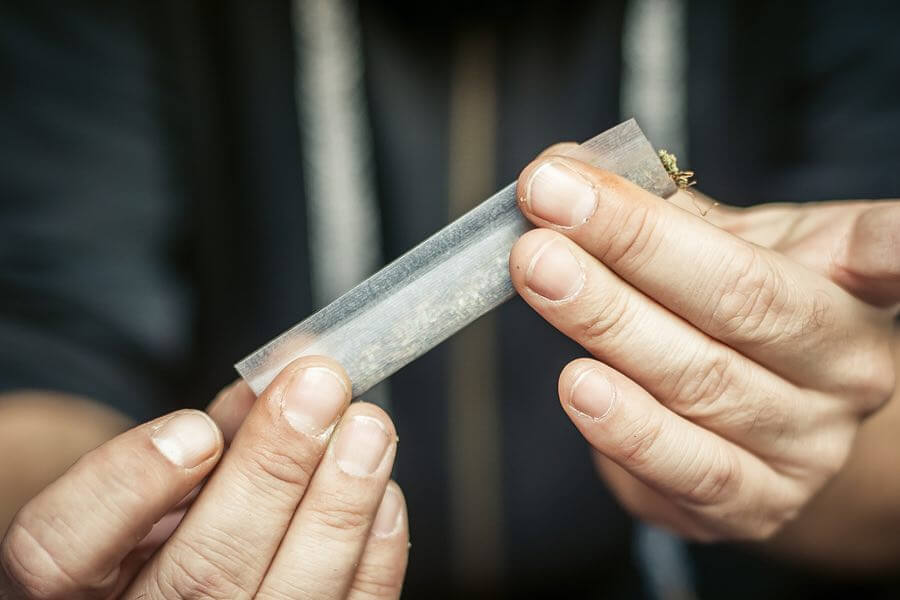May 21, 2018
So many products have everyday, common uses. Plastic bags are used to wrap sandwiches. Rolling papers and pipes are used for smoking ordinary tobacco. How do rolling papers become illegal drug paraphernalia when used (or intended to be used) to ingest, store, or contain a controlled substance.
Drug Paraphernalia Defined
Florida Statutes 893.145 defines drug paraphernalia with a convenient laundry list of examples, including a balloon, duct tape, or 2-liter type soda bottle. Yes, you read correctly—even those benign items are included as possible drug paraphernalia. Specifically, drug paraphernalia is classified as:
“Equipment, products, and materials of any kind which are used, intended for use, or designed for use in planting, propagating, cultivating, growing, harvesting, manufacturing, compounding, converting, producing, processing, preparing, testing, analyzing, packaging, repackaging, storing, containing, concealing, transporting, injecting, ingesting, inhaling, or otherwise introducing into the human body a controlled substance.”
To try to make sense of this, Florida Statutes 893.146 lists at least 13 relevant factors, including:
- The proximity of the object to controlled substances
- Any residue of controlled substances that are found on the object
- Legitimate uses in the community
- Accompanying instructions or manuals
- Advertising and other marketing descriptors
Most Common Drug Paraphernalia Relates to Marijuana Use
We hear a lot about medical marijuana or legalized recreational marijuana use. Only a handful of states have legalized recreational marijuana (and within a narrow framework). Marijuana is very much still illegal in Florida.
No surprise, the most common drug paraphernalia charges occur in connection with a marijuana arrest. If a plastic bag, pipe, or rolling papers are found near marijuana, the suspect is often charged with an additional count of possessing drug paraphernalia.
Simply stated, carrying rolling papers alone isn’t illegal—the unlawfulness occurs when coupled with contraband.
Criminal Penalties
Possessing drug paraphernalia is a first-degree misdemeanor, punishable by up to one year in jail, 12 months probation and/or a $1,000 fine. In addition, the defendant may be subject to random drug testing, and compelled to enter treatment.
Defending the Drug Paraphernalia Case
Prosecutors must still prove that what may be a common household item is, in fact, connected with drugs. Prosecutors must also prove that the defendant actually or constructively possessed the unlawful item(s). “Actual possession” is easy to show: The person held the item or had it somewhere on them. “Constructive possession” can be murkier: Did the defendant have control over an area and did the defendant know the contraband was there (for example, in a car or apartment)? An experienced Florida attorney can help defend against unlawful search and seizure, and whether the accused possessed the illegal item.
Contact a St. Petersburg, Florida Criminal Lawyer Today
Facing criminal charges can feel like an overwhelming challenge. For those without direct legal experienced, the criminal court system is confusing and difficult to manage. The professionals at Khonsari Law Group can help. Don’t delay in reaching out for help with your criminal charges. Call us today at (727) 269-5300, or contact us online. Our skilled legal team will make your case our priority and help to put your mind at ease.


